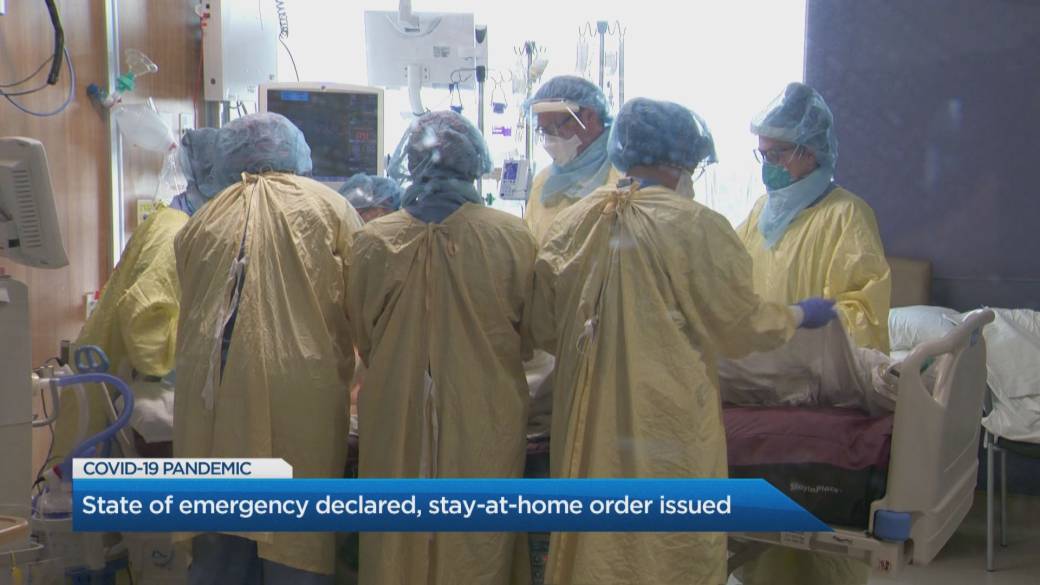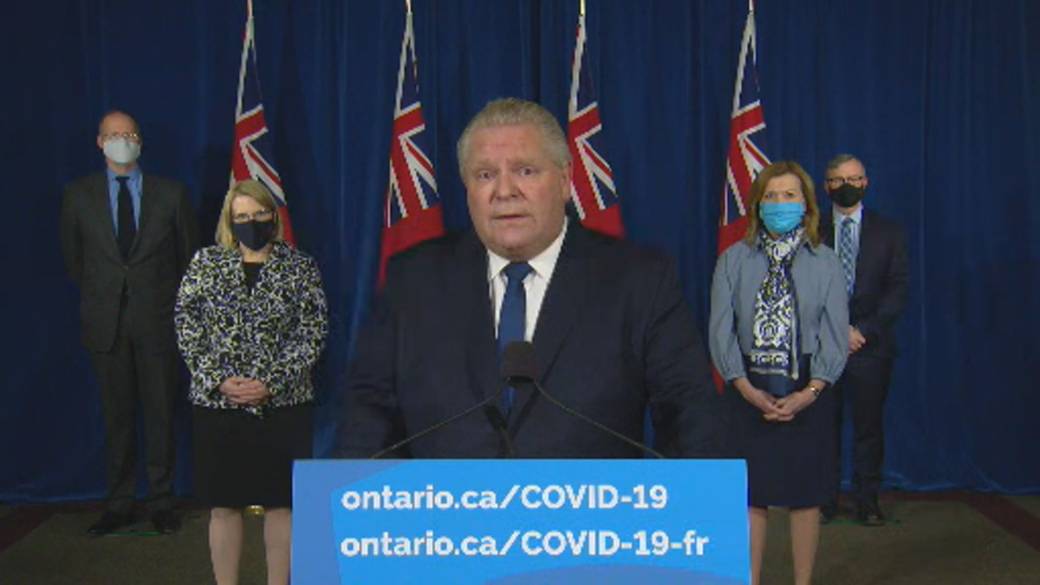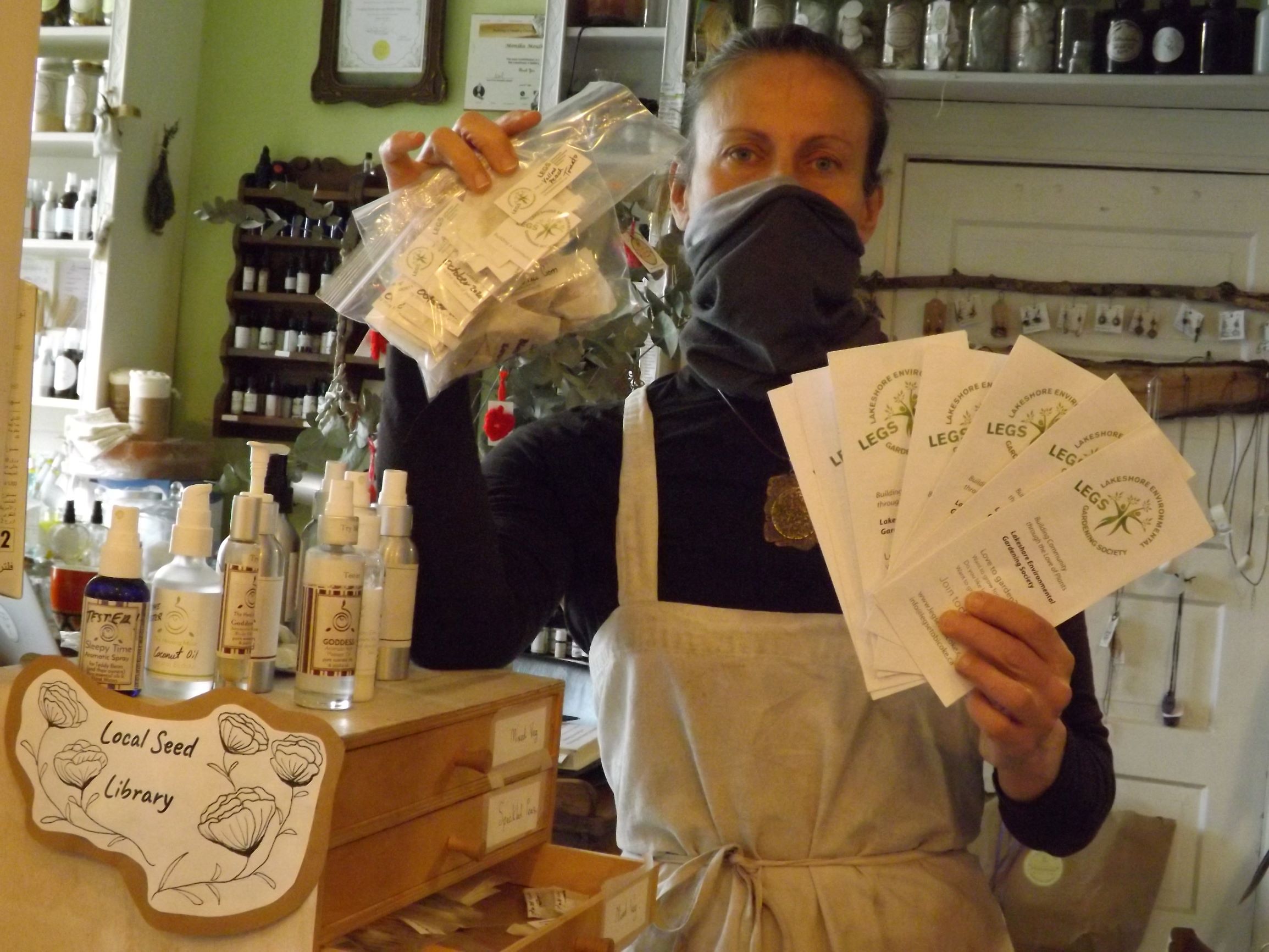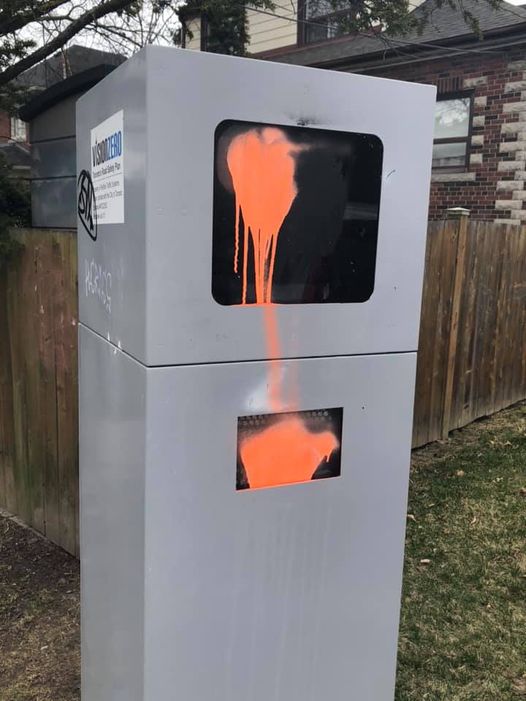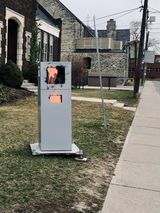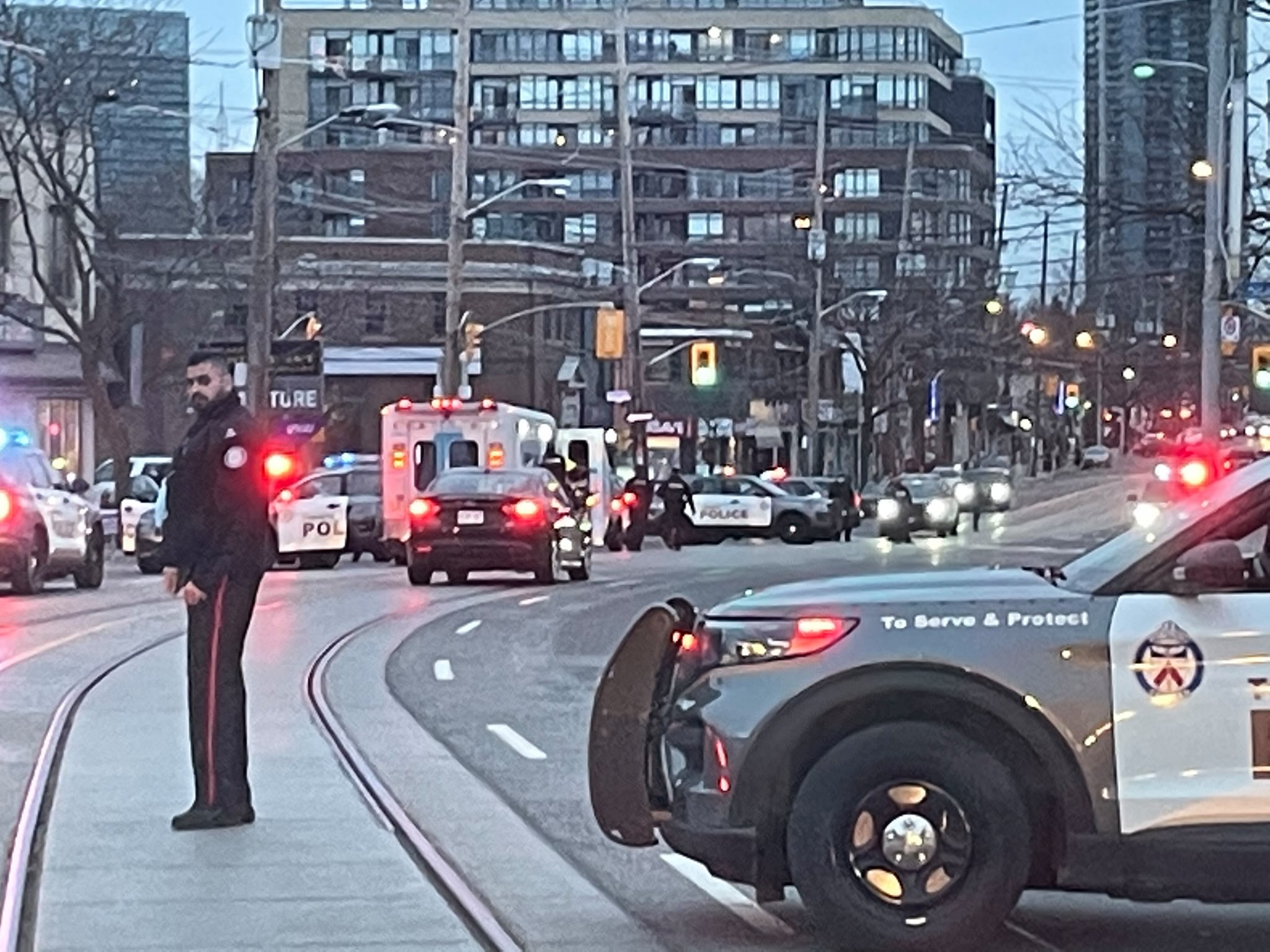Businesses that are already suffering in South Etobicoke are bracing for another financial hit in the fight against the spread of COVID-19.
The Ontario government has decreed another emergency stay-at-home order that begins on April 8 and will last four weeks.
This is Ontario’s third state of emergency declaration and will mean the closure of all non-essential retail outlets for in-person shopping until the end of April.
The new restrictions announced by Premier Doug Ford, and his staff, will allow grocery stores and pharmacies to remain open with capacity limits, as well as big-box stores that sell grocery items and all other stores that sell beer, wine or liquor.
“The COVID-19 situation is at a critical stage and we must act quickly and decisively to stay ahead of these deadly new variants,” said Ford. “By imposing these strict new measures we will keep people safe while allowing our vaccination program to reach more people, starting with our high risk population and identified hot spots.”
But big box stores will only be permitted to sell groceries, household cleaning supplies and pharmacy items to in-person shoppers, something that was not the case during the last stay-at-home order this past winter.
Most businesses in the community have complained about massive crowds at Sherway Gardens mall as family-owned businesses are forced to close.
Most other non-essential retailers will be limited to curbside pickup and delivery only and will not be able to operate outside of the hours of 7 a.m. until 8 p.m. Malls can also remain open for the purpose of curbside pickup but customers will not be able to get their orders from individual stores and will instead have to head to a single designated location inside the mall.
All non-essential retailers will close to in-person shopping, in-person dining will be prohibited and gyms and personal care services will be shuttered.
A select group of stores will be allowed to remain open by appointment only with a 25 per cent capacity limit. The stay-at-home order makes it illegal to leave a place of residence, except for essential reasons such as work, school, trips to a grocery store or pharmacy and for health-care reasons.
Ford said residents are required to stay at home except for “except for essential purposes, such as going to the grocery store or pharmacy, accessing health care services, including getting vaccinated.”
He said teams of healthcare workers are now vaccinating residents and workers in identified congregate “hot spots,” and large industrial plants, where there are many people.
The province is allowing outdoor garden centres and plant nurseries, and indoor greenhouses that engage in sales to the public, to operate with a 25 per cent capacity limit and a restriction on hours of operation to between 7 a.m. and 8 p.m.
Ontario’s daily COVID-19 case growth more than tripled through the month of March, leading to record-high hospital ICU occupancy of more than 500 by early April.
Ontario’s science table released new modelling last week, which suggested that Ontario could reduce its case counts from more than 3,000 a day to between 1,000 and 1,500 by the end of April with a four-week stay-at-home order.
The number of COVID-19 hospitalizations in the province have increased by 28.2 per cent between the period of March 28 and April 5, 2021.
